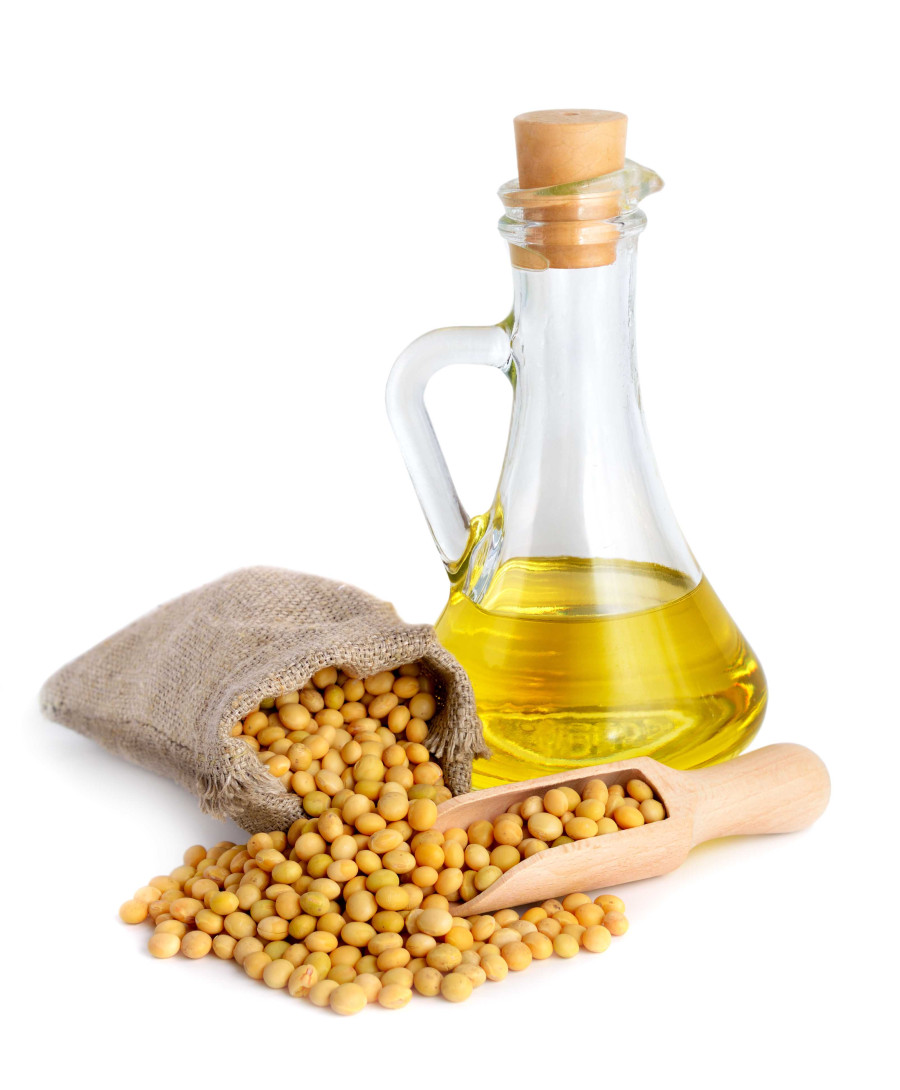Money
Oil exports may suffer after India slashes import duty
Lower taxes could prompt Indian traders to source the products themselves and dent Nepal's largest export, say insiders.
Krishana Prasain
Nepal's edible oil exports to India may take a hit as reduced import duty by the southern neighbour may boost overseas buying by Indian traders themselves, insiders said.
Last Wednesday, the Indian government slashed import duty on crude palm oil to 2.5 from 10 percent, and on crude soybean oil and crude sunflower oil to 2.5 from 7.5 percent.
The lower taxes could bring down prices of edible oils in India and increase consumption, prompting Indian traders to source the products themselves and dent Nepal's largest export, insiders said.
The base import tax on refined grades of palm, soybean and sunflower oil has declined to 32.5 from 37.5 percent.
With the tax waiver on import of crude palm, soybean and sunflower oil, the total tax will be 24.75 percent with 2.5 percent base import duty and other taxes.
Refined palm, soybean and sunflower oil are subject to 35.75 percent total tax.
Exports of edible oil, particularly soybean, to India have been rising in recent years mainly due to differences in customs duty between the two countries, according to industry insiders.
“With the waiver on customs duty, the export of soybean oil will face a similar fall as palm oil did. The drop in taxes means the exported refined oil will not be able to compete in the Indian market," said trade economist Posh Raj Pandey. "The traders who were taking advantage of the difference in customs duty will not be able to do so from now onwards."
He added that for Nepali traders or exporters, extra export charges are levied on the edible oils which make them more expensive.
According to Indian media, edible oil industry body Solvent Extractors Association expected that retail prices of cooking oils, which are ruling at a very high level, could now come down by up to Rs15 per litre.
The government has been slashing duty rates on both crude and refined oils since February. This will be the fifth such intervention to control prices
Edible oils are Nepal's largest exportable commodities even though it produces little soybean of its own. Despite the high value of the shipments, the country's economy reaps little benefit from the trade, experts say.
India is second to China in terms of consumption of edible oils.
Tariff exemptions on Nepali exports to India under the South Asian Free Trade Area (SAFTA) agreement give domestic traders an advantage. Countries outside South Asia are slapped with tariffs of 45 percent on soybean oil.
Trade experts said that importing crude oil with zero tariff privilege and exporting it to India with zero traffic privilege enables Nepali traders to enjoy a net profit of 45 percent, excluding other profits.
"The reduction in the tax structure will sharply slash the profit margin," said Pandey.
According to the Trade and Export Promotion Centre, the country exported soybean oil worth Rs53.65 billion in the last fiscal year 2020-21, a 322.7 percent year-on-year jump.
In the previous fiscal year, soybean oil exports amounted to only Rs12.69 billion. The country imported crude soybean oil valued at Rs53.38 billion in the last fiscal year.
Soybean oil shipments accounted for 38 percent of the country's total exports.
Nepal exported sunflower oil worth Rs2.24 billion in the last fiscal as against Rs104 million in the previous fiscal year. Imports stood at Rs16.24 billion in the last fiscal year. Sunflower oil is basically consumed in the country.
According to the Department of Customs, the country exported soybean oil valued at Rs16.48 billion in the first two months of the current fiscal year 2021-22 while imports of crude soybean oil reached Rs15.60 billion during the review period.
The country exported palm oil worth Rs2.6 billion in the first two months of the current fiscal year while imports of crude palm oil stood at Rs6.4 billion during the same period.
Nepal's sunflower oil shipments were valued at Rs1.4 billion in the first two months of the current fiscal year while imports came to Rs3.17 billion.




 20.12°C Kathmandu
20.12°C Kathmandu













